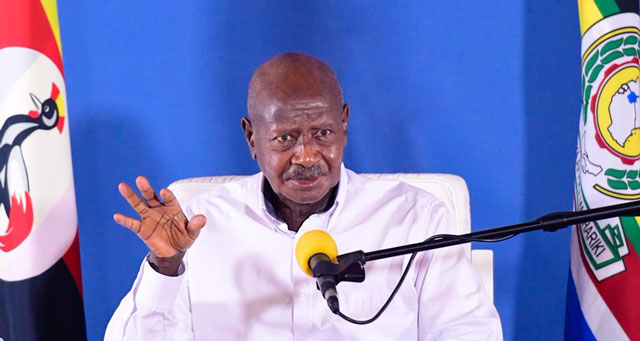
Kampala, Uganda | THE INDEPENDENT | Private sector leaders and financiers are calling for a review of the government stimulus package announced mid last year saying the measures were not well informed and are not bearing the expected fruit.
The government announced more than 1 trillion Shillings in stimulus cash in addition to other fiscal measures like tax waivers and suspensions to the private sector in June 2020. It also directed commercial banks to suspend demand for loan repayments by the private sector in a raft of measures aimed at cushioning them against the effects of Covid-19.
The packages were widely selective with the government mainly focusing on tourism, manufacturing, horticulture and floriculture as they were deemed to be the sectors most affected yet easy to turn around and revive the economy. The strategy focused on accelerating import substitution and export promotion by providing additional funding to Uganda Development Bank, recapitalizing the Uganda Development Cooperation and accelerating the development of industrial parks. It also aimed at increasing agriculture production and productivity by boosting funding for agriculture inputs and entities that support the sector.
The strategy would increase household incomes by providing additional funding to SMEs. The strategy also provided for additional funding to the health sector, food to the vulnerable in the urban areas, social insurance (by continuing the Social Assistance Grants for Empowerment Scheme), introducing a tax exemption on items for medical use and expanding labour-intensive public works programs in the roads and water and environment sectors.
But the Uganda Small Scale Industries Association says the packages should have been established after consultation with the industry associations so as to make well-informed allocations. The Executive Director John Kakungulu Walugembe says some of the anticipated developments that informed the design of the package did not happen, adding that the impact of the pandemic is greater than earlier anticipated.
The packages were largely targeted at the Micro, Small and Medium Enterprises, with a view that these employ the majority of Ugandans. Stanbic Bank Executive Director Emma Mugisha said there is more research needed before decisions are made to allocate anti-poverty resources.
Speaking at the graduation of more than 400 Small and medium entrepreneurs at the Stanbic Business Incubator, Kololo, Mugisha said much as the economic growth figures may be available, there is no national poverty index. This she says would allow anyone ably allocate funds to where they are most needed, instead of continuing to look like the already successful sections of the economy.
Samuel Adela Yalew, Country Head Uganda at the MasterCard Foundation agrees that the government and the private sector support organizations must equally change the way they do things following the disruptions of societies and economies by the pandemic. He says that while it is evident that the world is no longer the same as one year ago, the concerned people must study the new shape of the economy if they are to do meaningful planning and resource allocations.
*****
URN
 The Independent Uganda: You get the Truth we Pay the Price
The Independent Uganda: You get the Truth we Pay the Price




My name pastor Thompson, please like to no more, thank